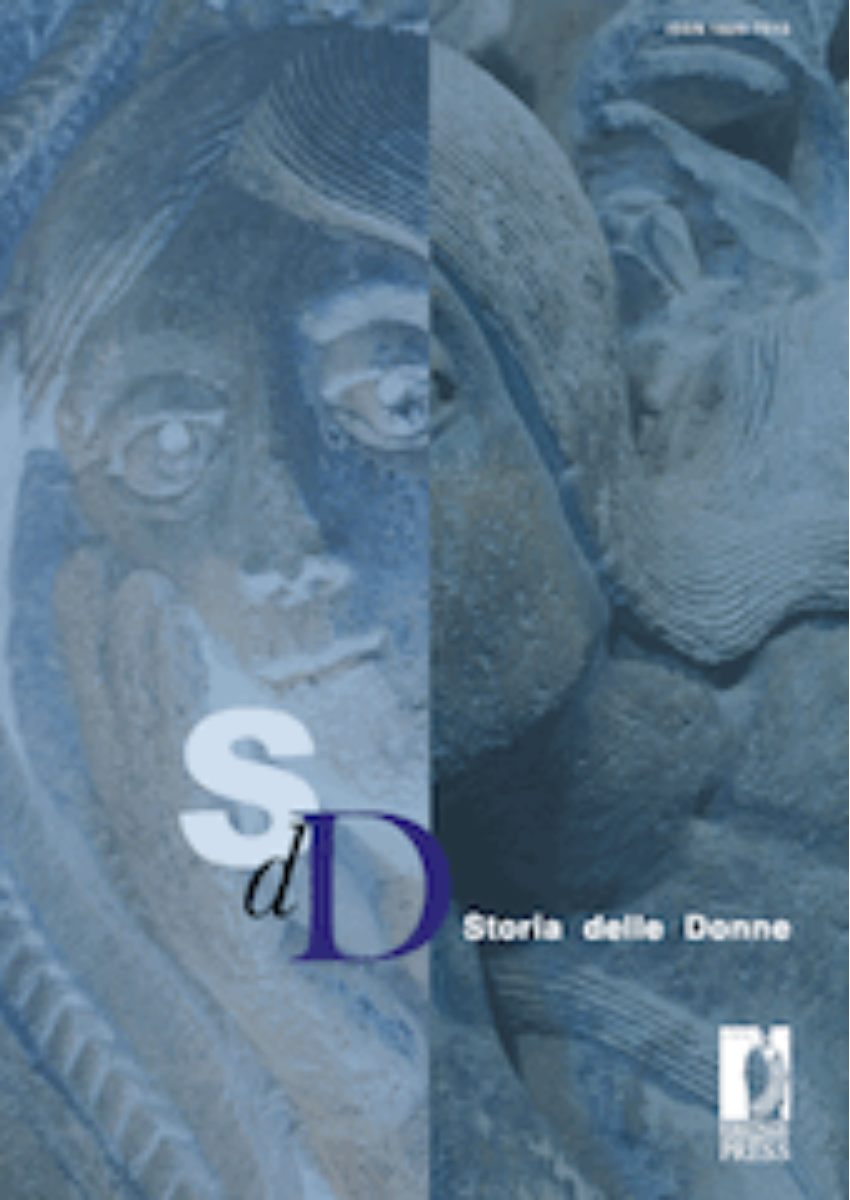Abstract
Elderly people were highly respected in Mesopotamian society. But which were the problems or the advantages connected to aging? After a short survey of some aspects of women’s social status, evidence is given that aging could involve a major increase in women’s independence and power, mostly in the case of widowood. The vulnerability and plight of widow (and orphan) are proverbial in the literature of the Ancient Near East, and their protection was the common policy of Mesopotamia. Nevertheless, at least in medium and upper classes, widowhood might offer an opportunity for true independence. In Assyria, the widow without father-inlaw or sons, was given the right to go “wherever she pleases”. In later age, primary responsability for care fell upon the son, or even the daughter. Lack of sons could pose serious problems for the lower layers of the free population. But propertied women (even small property owners) could easily avoid the problem by adopting adults for the purpose of their sustenance.


